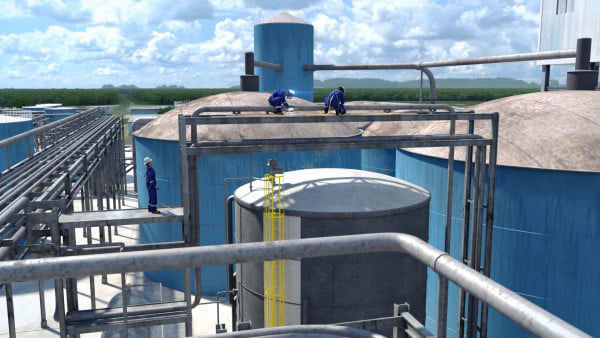Asset Care
Health Assessment - Operation & Maintenance - Pipeline Integrity - Plant Integrity - Consultancy & Assessments

Health Assessment - Operation & Maintenance - Pipeline Integrity - Plant Integrity - Consultancy & Assessments
